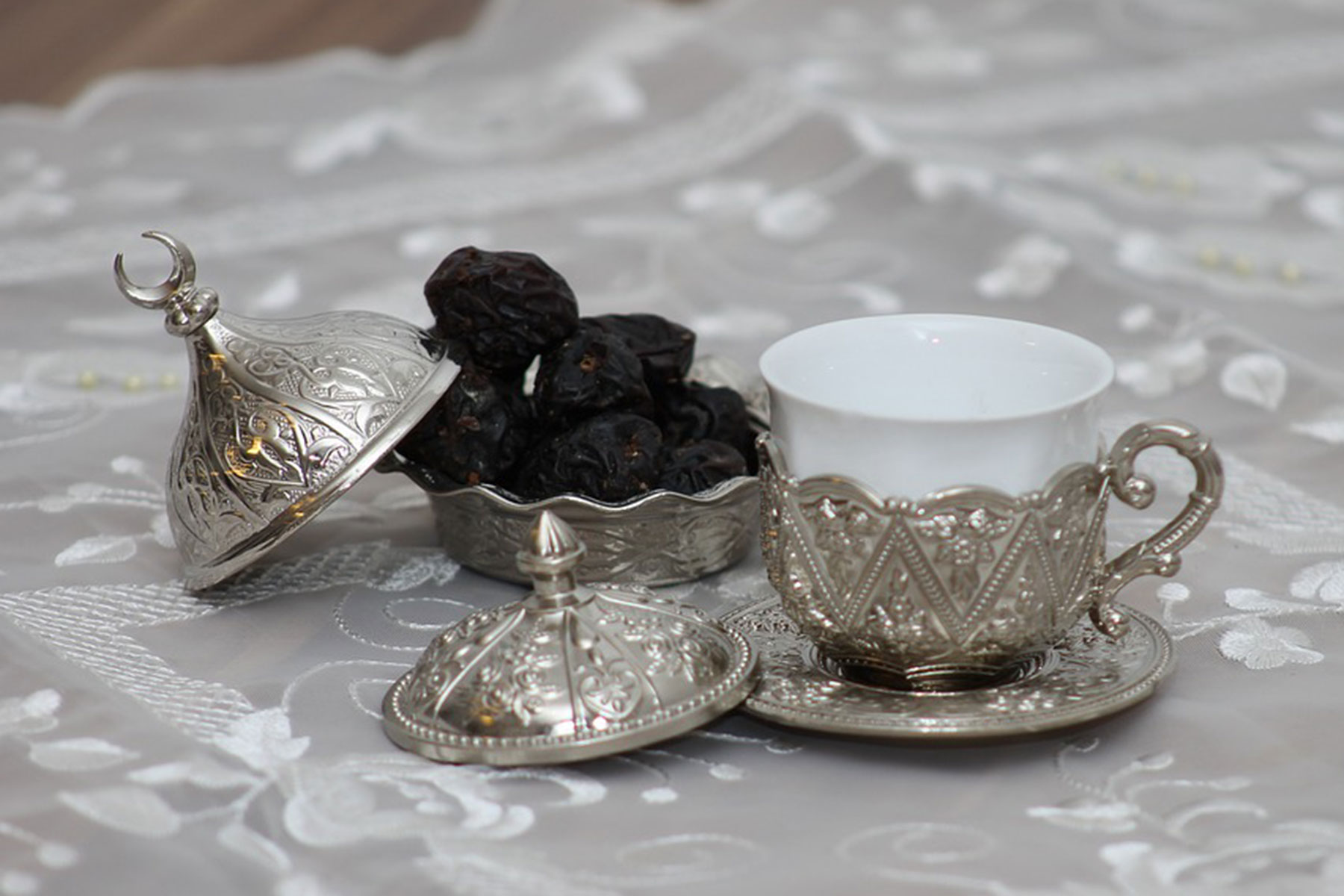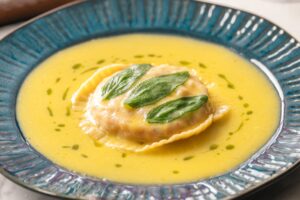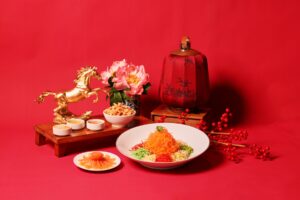There’s a good reason why dates are so popular during Ramadan, and it’s not just because of their taste.
Every year, Muslims around the world observe the holy month of Ramadan by fasting from before dawn to sunset. As we Malaysians live for good food, we understand that fasting is no easy task.
In light of that, we have spoken to personal trainer Mohd Alfari Salleh for tips on how to plan your meals wisely so you can survive this Ramadan. Here’s his advice on what to eat and what not to eat for sahuur and iftar during this fasting period.
Sahuur (Pre-dawn meal)

Seeing as this meal should last you over 13 hours, what you should eat for breakfast, or rather sahuur, is an extremely important thing to consider. According to Alfari, the best foods to eat for sahuur are vegetables, fruits, and healthy carbohydrates.
Opt for vegetables and fruits that are high in water content such as cucumber, lettuce, and watermelon as these are rich in fibre and will keep you hydrated for longer. Also, include carbohydrates like oatmeal or whole grain bread, which will slowly break down to give you energy throughout the day.
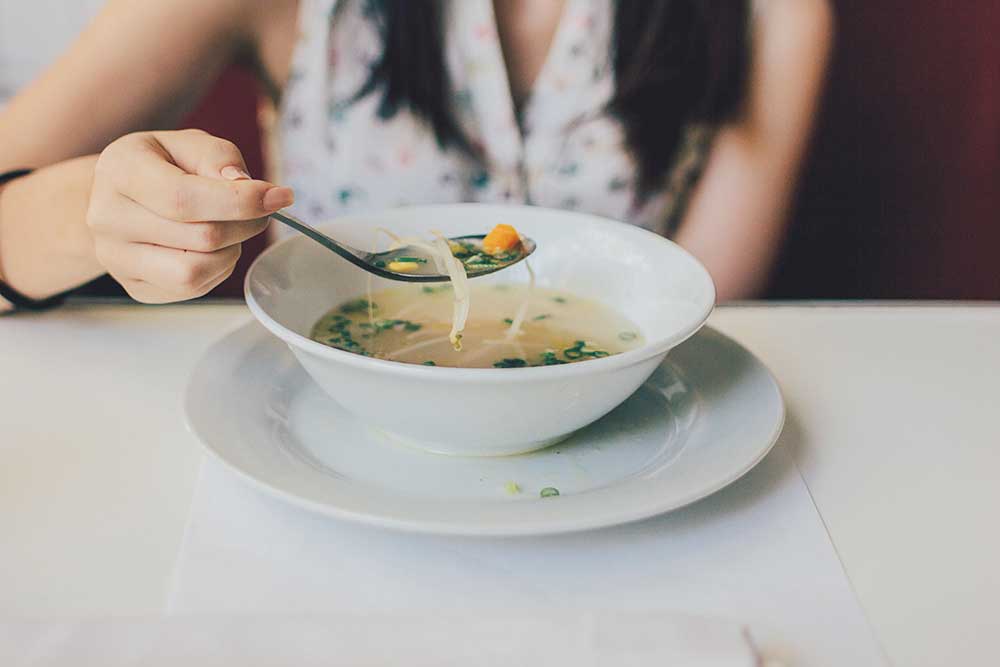
Most importantly, remember to drink lots of plain water because your body can survive longer without food than without water. Stay away from coffee, carbonated, and sweet drinks which will only make you thirsty later in the day.
“Avoid high sodium foods like soups, sauces, condiments, gravies, high sodium bread products, and canned meat,” Alfari advises, as these foods will leave you dehydrated and lethargic on a fasting day. Fried or oily foods are another big no-no, lest you get a heartburn or other health problems in the middle of your fast.
Iftar (Sunset meal)
After a long day of fasting, it can be incredibly tempting to dig into the first thing you see on the table; but eating the wrong kind of food for iftar can cause problems for you the next day.
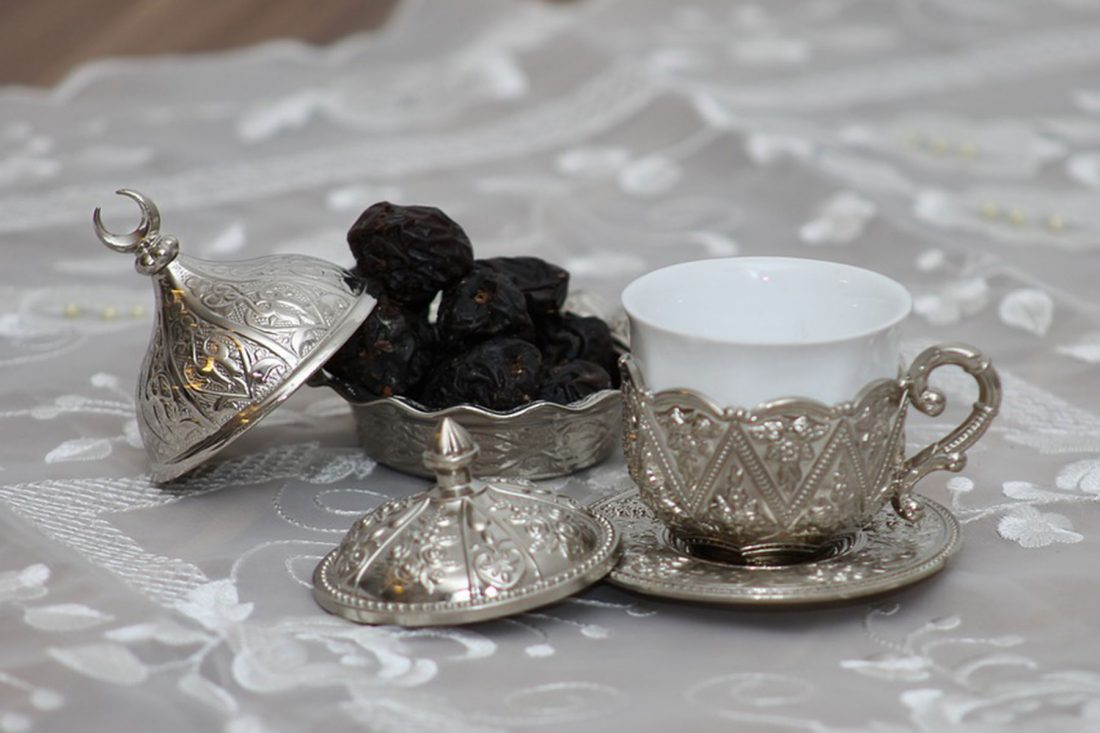
“Start with dates because dates are easy to digest and does not upset a fasting person’s stomach,” Alfari shares. “Dates also activate the release of digestive secretions and juices so that the stomach is ready to receive more food after being ‘off’ throughout the day.”
When it comes to carbs, choose complex carbs like fibre and starch rather than simple carbs such as fructose, maltose and sucrose (read the food labels if you are unsure) to regain your energy more effectively. But be careful not to overeat – excessive intake of carbohydrates or carbohydrates that are not used by our body will only turn into fats, so don’t fall for the false belief that fasting gives you a free pass to eat more than you need.

Plus, it is essential that you replenish your body with plenty of water during iftar to maintain a healthy system. “The combination of water and dates is like a very advanced form of Gatorade drink,” Alfari tells.
Don’t forget protein – aim for high protein food such as eggs, fish and chicken breast to give your body other important nutrients and to maintain a balanced diet overall.
For more tips on health and fitness, follow Mohd Alfari on Instagram at @alfarisalleh.


